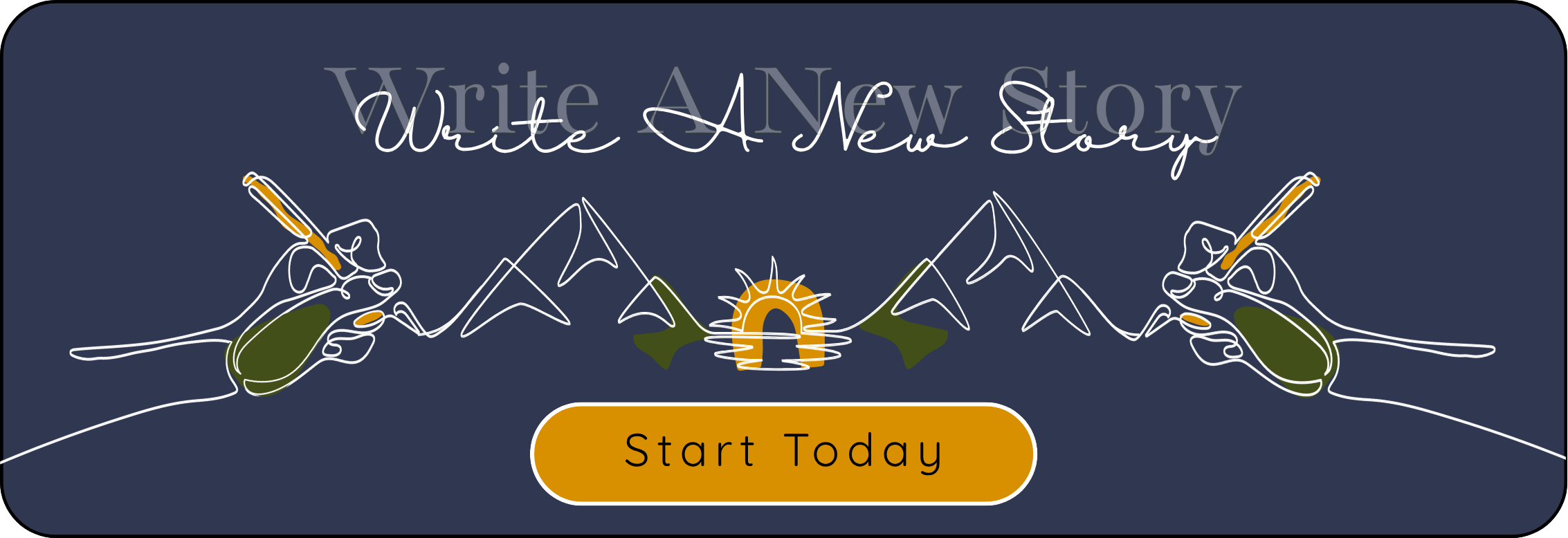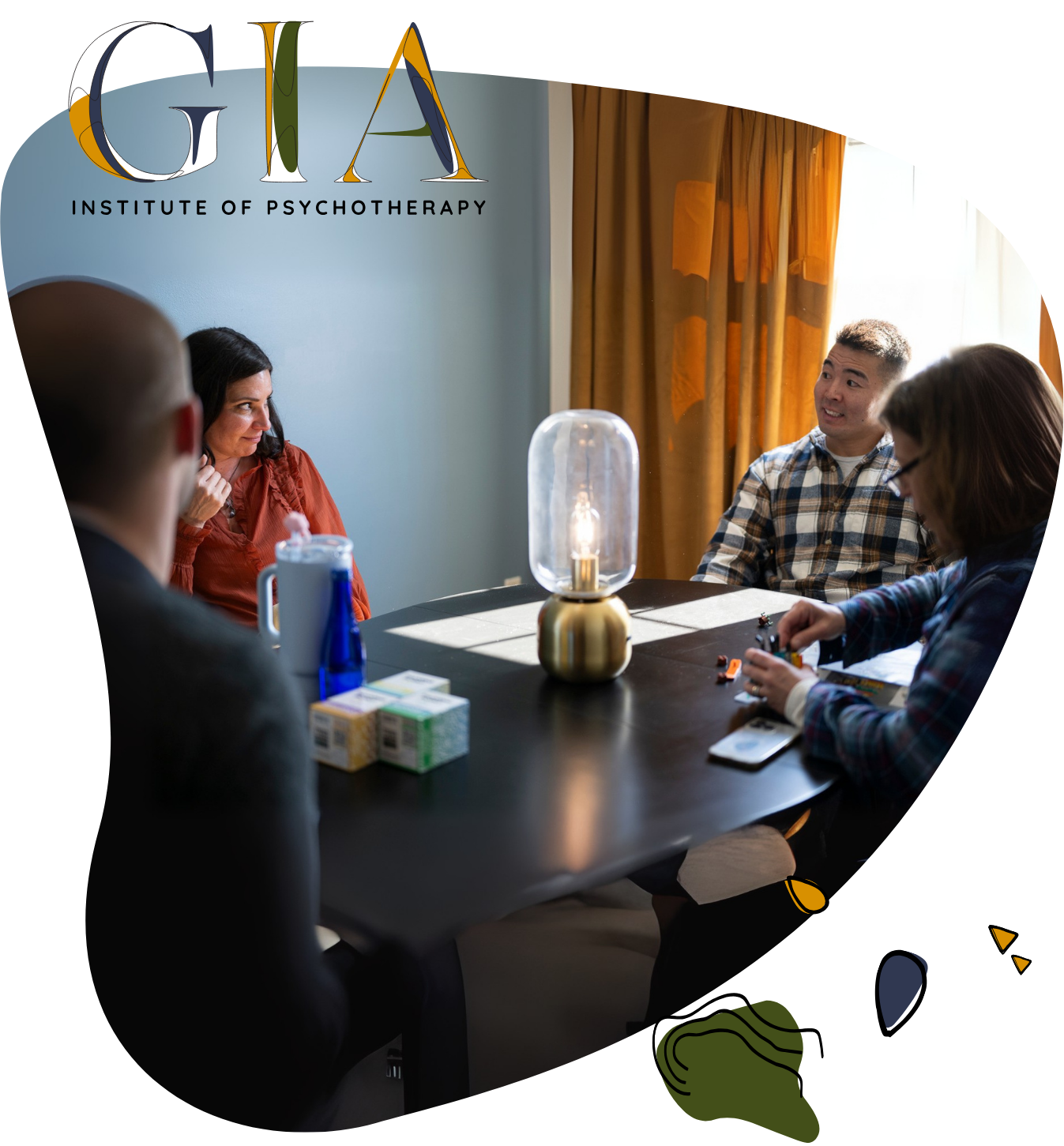The "Delicious" Delusion Of An Affair
Let's be honest, the word "affair" often conjures images of clandestine meetings, forbidden love, and a thrilling escape from the mundane. In the movies, it's all dramatic lighting and heat? For a time, it can feel… dare I say…delicious. It’s a cocktail of stolen moments, secrecy, and ego-boosting that makes an affair the ultimate indulgence. You're getting attention, feeling desired, perhaps even rediscovering a version of yourself you thought was lost to laundry, leftovers, and school drop-offs.
This "deliciousness" isn't an accident; it's a potent formula.
Think about it:
Newness: Everything feels fresh and exciting. No history, no routines, just the allure of the unknown.
The Forbidden: There's an undeniable rush that comes from doing something you know you shouldn't. It's like being a teenager sneaking out after curfew, but with higher stakes (and usually better wine).
Ego Boost Someone new is seeing you with fresh eyes, showering you with compliments, and making you feel like the most captivating person on the planet. It's a powerful antidote to feeling unseen or unappreciated in your primary relationship.
Escapism: Affairs offer a temporary reprieve from whatever challenges you're facing – in your relationship, your work, or your life in general. It's a distraction, a shiny object to chase when the real work feels too heavy.
It's a fantasy, meticulously constructed by desire and denial. And for a while, it can feel like everything you've ever wanted.
The Inevitable Hangover: When "Delicious" Turns Destructive
But here's the kicker, the inconvenient truth that lurks beneath the thrill: the very secrecy and deception that make an affair feel so "delicious" are the ingredients for a profound betrayal—not just of your partner, but of yourself.
Think about it:
The Erosion of Self-Trust: Every lie you tell, every secret you keep, chips away at your own integrity. You're constantly managing two realities, and that takes a toll. You start to lose touch with who you are when you're not performing one role or the other. How can you trust your own judgment when you're living a double life?
The Weight of Deception: That "thrill of the forbidden" morphs into a heavy cloak of anxiety. You're always looking over your shoulder, always crafting stories, always fearing exposure. This isn't liberation; it's a prison of your own making.
The Diminishment of Intimacy (Real Intimacy, That Is): True intimacy thrives on honesty, vulnerability, and trust. An affair, by its very nature, is built on the opposite. You might experience intense moments with your affair partner, but is it truly intimacy if it's based on a foundation of secrecy and a shared deception? And what does it do to the potential for intimacy in your primary relationship?
Avoiding the Real Issues: Often, affairs are a symptom, not a solution. They're a way to sidestep uncomfortable truths about your existing relationship or your own unmet needs. By seeking solace outside, you avoid the difficult, often painful, work of addressing what's truly missing or broken. You betray the opportunity for genuine growth.
The Aftermath (And It's Rarely Pretty): When affairs inevitably unravel (and they almost always do), the "delicious" fantasy shatters, leaving behind a trail of wreckage. Trust is decimated, hearts are broken, and the consequences often extend far beyond the immediate parties involved, impacting families, friendships, and even careers. You're left not with liberation, but with regret and the profound realization of the damage done—much of it to your own sense of self-worth and peace.
From Betrayal to Self-Reclamation
The allure of the affair is powerful because it promises something new and easy. But the truth is, the most profound betrayals aren't about breaking a promise to someone else; they're about breaking promises to ourselves. When we choose deception over honesty, escape over confrontation, and short-term gratification over long-term integrity, we chip away at our own foundation.
At GIA Institute of Psychotherapy, we understand the complexities that lead to these choices, and the profound pain that follows. If you're grappling with the aftermath of an affair, or find yourself drawn to the "delicious" illusion, know that there's a path back to self-trust and genuine connection. It starts with facing the truth, no matter how uncomfortable, and choosing to rebuild your life on a foundation of integrity, starting with yourself.
Ready to understand the real cravings underneath the "delicious" distraction and build relationships (especially with yourself) that truly nourish?
Schedule a consultation to help connect you with a therapist who is right for you.
For in-person sessions in South Jersey, our office is located in downtown Somers Point, NJ. For your convenience, we also offer online sessions for anyone in New Jersey.







